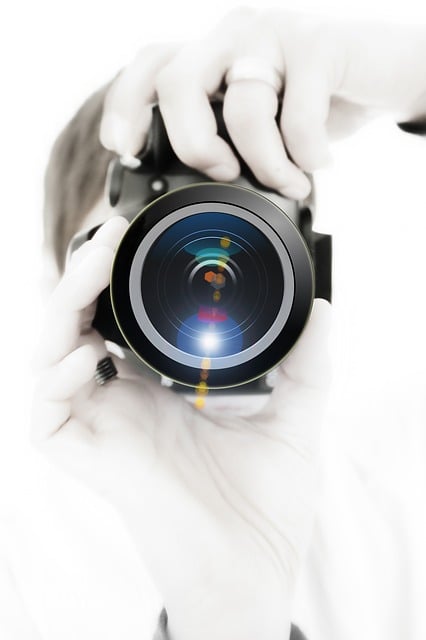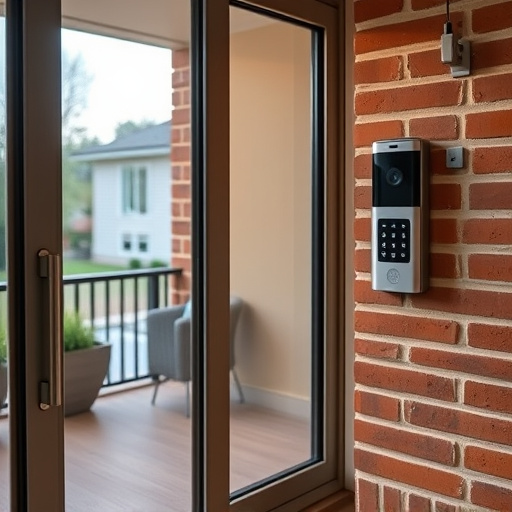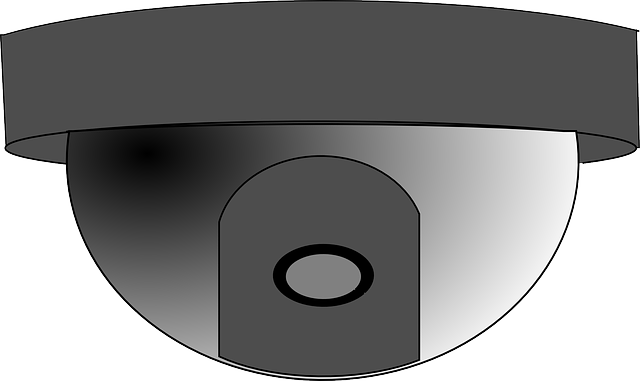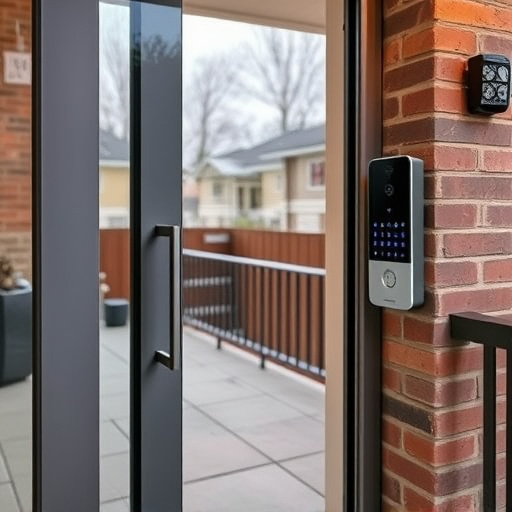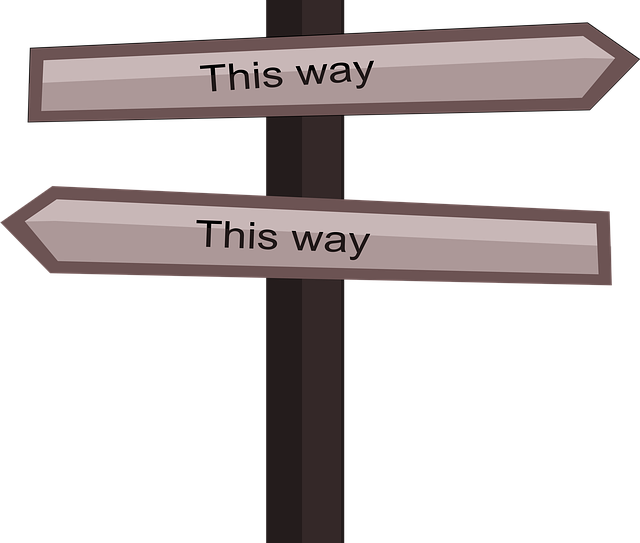Selecting the right security camera involves understanding your home security needs, including property size, high-risk areas, and specific concerns. Prioritize features like resolution, alerts, and surveillance. Choose from wired, wireless, or hybrid cameras based on ease of setup vs reliability. Key performance metrics include image quality (HD/4K), motion detection, field of view, storage options, and compatibility with your best security system. Integrate the camera seamlessly into your home's wiring for optimal performance. Budgeting is crucial, balancing features, quality, and cost to find an effective security camera that meets your needs.
Choosing the right security camera for your home is a crucial step in ensuring safety and peace of mind. This comprehensive guide will help you navigate the process of selecting a security camera that aligns with your specific needs. We’ll walk you through understanding your home security requirements, exploring different types of cameras, and delving into essential features to look for. By considering quality metrics, installation options, and budgeting, you can find the ideal home camera and implement an effective security system.
- Understanding Your Home Security Needs
- Types of Security Cameras Explained
- Key Features to Look for in a Security Camera
- Evaluating Quality and Performance Metrics
- Installation and Compatibility Considerations
- Cost and Budgeting for the Ideal Home Security Camera System
Understanding Your Home Security Needs
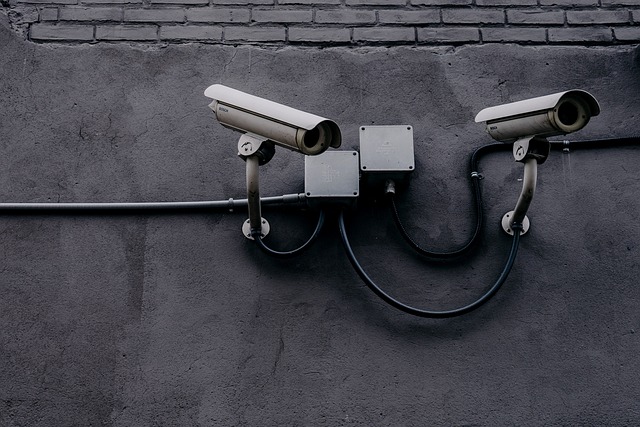
Understanding your specific home security needs is the first step in selecting the right security camera. Every household has unique requirements when it comes to safety and surveillance. Consider factors such as the size and layout of your property, areas that require close monitoring (like entry points or valuable asset locations), and any specific concerns like motion detection or 24/7 recording.
When choosing security cameras, think about the features that are most important to you. Do you prioritize high-resolution video for clear images? Motion sensors for instant alerts? Night vision capabilities for round-the-clock surveillance? Understanding your priorities will help guide your search for the ideal home camera and ensure it effectively contributes to your best security system.
Types of Security Cameras Explained

When considering the right security camera for your home, understanding the various types available is essential in making an informed decision. The market offers a wide array of options, each catering to different needs and preferences. Among them are wired cameras, which are traditionally installed with a physical connection to your home network, known for their reliability and robust features. On the other hand, wireless cameras provide flexibility and ease of installation, allowing for more freedom in placement but potentially requiring additional measures to ensure stable connectivity.
Additionally, you’ll find hybrid models that combine wired and wireless capabilities, offering the best of both worlds. These versatile cameras can be initially wired for optimal performance and later upgraded to wireless for added convenience. With so many choices, choosing the ideal home camera involves matching your specific requirements with the features each type offers. Thus, whether prioritizing reliability, ease of setup, or a combination of both, understanding these options is key in selecting the best security system for your home.
Key Features to Look for in a Security Camera

When selecting the right security camera for your home, there are several key features to look out for. Firstly, consider image quality. High-definition (HD) or 4K resolution cameras provide clearer and more detailed footage, making it easier to identify individuals or activities. Additionally, look for cameras with good low-light performance, as this ensures consistent monitoring around the clock, regardless of lighting conditions.
Another vital aspect is connectivity and compatibility. Choose a camera that offers Wi-Fi connectivity for remote access and cloud storage options for easy viewing and backup. Integration with existing home security systems can also enhance functionality and control. Look for cameras with motion detection and notification capabilities, as these features actively alert you to potential intruders or unusual activities, making them an essential component of an effective security system.
Evaluating Quality and Performance Metrics
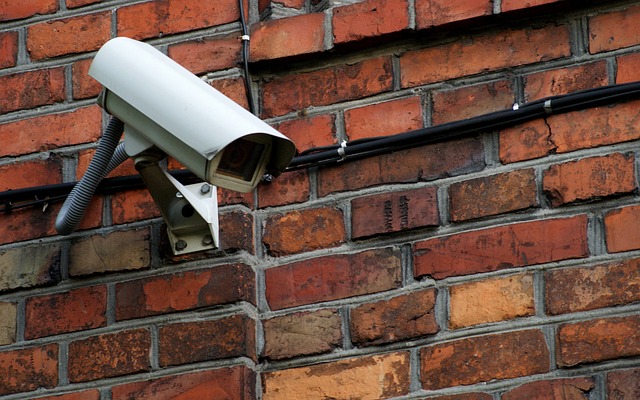
When evaluating potential security cameras for home, understanding quality and performance metrics is crucial for making an informed decision. Look for cameras with high-resolution footage (1080p or 4K) that offer clear, detailed images day and night. Motion detection technology should be sensitive yet precise to avoid false alerts. Consider the field of view—a wider angle covers more ground but may sacrifice detail at the periphery.
Effective home security selection also involves assessing storage options. Cloud storage provides remote access and automatic backup but incurs ongoing costs, while local storage offers greater privacy but requires regular management. Wireless cameras might be convenient, but wired options often offer better performance and reliability. Additionally, consider features like two-way audio, night vision, and weather resistance to ensure the ideal home camera aligns with your specific security needs and preferences.
Installation and Compatibility Considerations

When selecting a security camera, consider your installation needs and compatibility with existing systems. The right security camera should seamlessly integrate into your home’s wiring or network, ensuring easy setup and optimal performance. Look for cameras that offer compatible connectors and protocols (like PoE or Wi-Fi) to match your existing home security selection.
For a comprehensive best security system, consider the number of cameras needed to cover your property effectively. Ensure each camera has clear visibility and adequate resolution, capturing sharp images both day and night. Additionally, look for features like motion detection and two-way audio, which enhance the ideal home camera’s capabilities and provide greater peace of mind.
Cost and Budgeting for the Ideal Home Security Camera System

When selecting a home security camera system, budgeting is a key consideration. The cost of these systems can vary widely depending on features, quality, and brand. It’s essential to set a realistic budget that aligns with your needs and expectations. Entry-level cameras might offer basic motion detection and live streaming at a lower price point, while high-end systems could include advanced AI capabilities, 4K resolution, and cloud storage for a steeper cost.
The right security camera for your home depends on your specific requirements and budget constraints. Researching different brands and models allows you to compare features and find the ideal home camera that balances performance, reliability, and affordability. Remember that while a more expensive system might offer enhanced capabilities, there are also effective security cameras available at competitive prices, ensuring you get the best security without breaking the bank.

